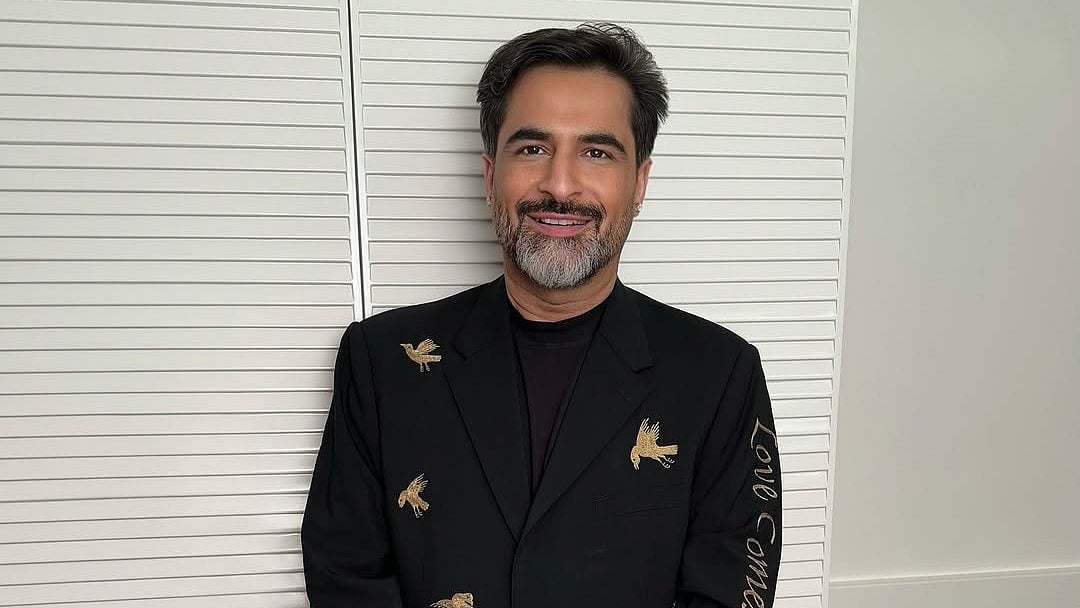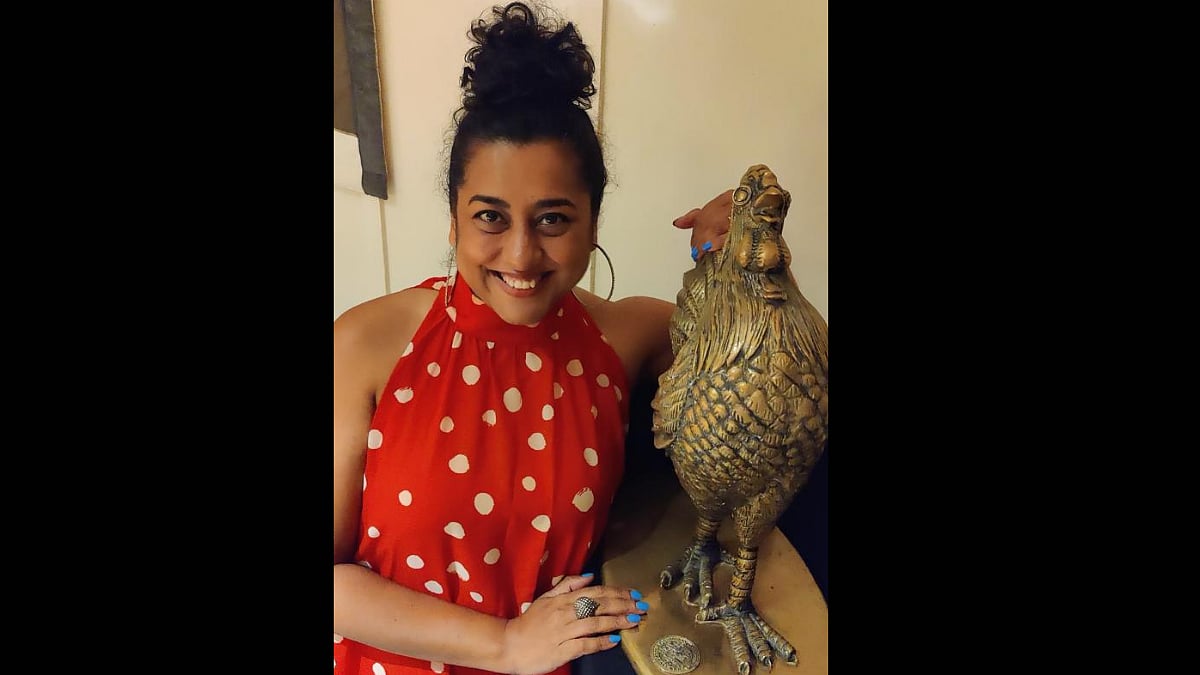They sat in the dim moving light coming off the television. A bucket of popcorn lay in her lap, he had his arm wrapped around her shoulders. They watched as the scenes unfolded in front of them, their usual Netflix date night underway. Suddenly, she grabs onto his arm, leans into his chest, and gnaws at his shoulder like a teething child. He lowers his gaze, smiles, and kisses her forehead. A lingering gaze later, they continue with movie night.
At some point, you may have come across this post on social media, where users equate this to a love language. And they’re not wrong. Couples have different, personal and intimate ways of expressing love. From forehead kisses, toddler gnaws, buying flowers, doing the dishes to smacking their partner’s bottoms, love and affection are undoubtedly expressed in countless ways.
But what makes this expression a language? Dr Sagar Mundada, Mumbai-based consultant psychiatrist, sexologist and deaddiction specialist, says, “While unique to every couple, love language is a concept that represents ways couples give and receive love in a relationship. When couples know and understand one another’s love language, this exchange ensures both partners feel cared for and appreciated in the relationship.”

The five love languages
In 1992, American author, pastor and counsellor Dr Gary Chapman wrote The 5 Love Languages, a book that continues to help couples even today. After years of observation and research, Chapman discovered that there were five ‘love languages’ that couples responded to: Words of affirmation, quality time, physical touch, acts of service and receiving gifts. Dr Mundada elaborates, “While these languages are more of an overview, couples need to make it their own. Doing so will help create selflessness, promote empathy, maintain intimacy and improve communication between a couple. Moreover, it’s an organised way to help understand and fulfil your partner’s romantic needs better.”
However, one love language that most couples find indisputable is the concept of spending quality time with each other. When we talk about ‘quality time’ as a love language, what people are looking for is quality over quantity. It doesn’t matter how much time you spend with them, but rather what transpires during that time. A partner is bound to feel loved if you are present and focused on them when you are together.
“My wife and I are in a long-distance marriage,” says 36-year-old IT professional, Sandesh Wathare. “I work from Pune during the week while her office is in Mumbai. Since both of us do have to go into the office (it’s functioning at 20 per cent occupancy), on weekends I travel to Mumbai or she comes here. However, when we’re together, we make sure to shut off our devices and are not just physically, but mentally and emotionally present with each other. We chat, laugh and catch up. Just this one small change has made us stronger and more secure in our marriage,” he says.
“Body language is integral. Looking into each other's eyes, laughing at your partner’s jokes, and casual touching while talking are all physical cues for better communication,” Dr Mundada affirms.
Love languish
But what do you do when you and your partner are speaking a different love language? According to Chapman, it’s important to ask yourself a few necessary questions like: When you're in a relationship, do you feel more loved when your partner:
1. Says “I love you” or praises something you did?
2. Surprises you with a meaningful gift?
3. Plans a weekend getaway with just the two of you?
4. Runs the errands or does the laundry?
5. Holds your hand while you're walking?
“Answering these questions could give you a hint as to what your love language might be,” says Dr Mundada, adding, “you could also try to recall what sort of things you ask for in your relationship or consider how you express love to your partner.”
For Anabel Monteiro*, a 34-year-old media professional from Mumbai, there was always miscommunication in her relationship love language. “I’m a communicative person. My ex was quite literally a man of a few words,” she says. “Fights, arguments or even expressing myself was so frustrating because I’d say my piece and all I’d ever get in return was an ‘Okay’. He was someone who hated confrontations and preferred to deal with a disagreement on his own. I was always left feeling short-changed because he’d get over an argument and we’d never find common ground. Instead, I’d end up with a new handbag or watch. It got suffocating after a while. I was in constant limbo and that’s one of the reasons I ended things with him,” Monteiro admits.
Reality check
As with everything, the theory of love languages can have a few drawbacks. People can get confused or hit a few bumps when attempting to apply the theory to their relationships as not everything is black and white. In fact, some couples can put undue pressure on one another to adopt a love language, and that can strain a relationship.
“Many times, couples get obsessed with using the desired love language, causing things to become mechanical. Some people even use it as a tool to manipulate their partners. Also, love language does not exclusively solve all your issues; it’s just one tool to help you become a better couple. Looking at it as a one-stop solution can put undue pressure on your partner and strain your relationship,” Dr Mundada elaborates.
And, while this is merely a tool, the key to a healthy relationship will always remain open and honest communication. “If you feel that your partner is doing what you want using your love language, and then using that as an excuse to do other unacceptable things, you need to call it out,” advises Dr Mundada. “Be alert and keep your emotions in check. Emotional vulnerability will cause you to fall prey to manipulation and you end up compromising on your individuality and who you are,” he signs off.
*Names changed on request













